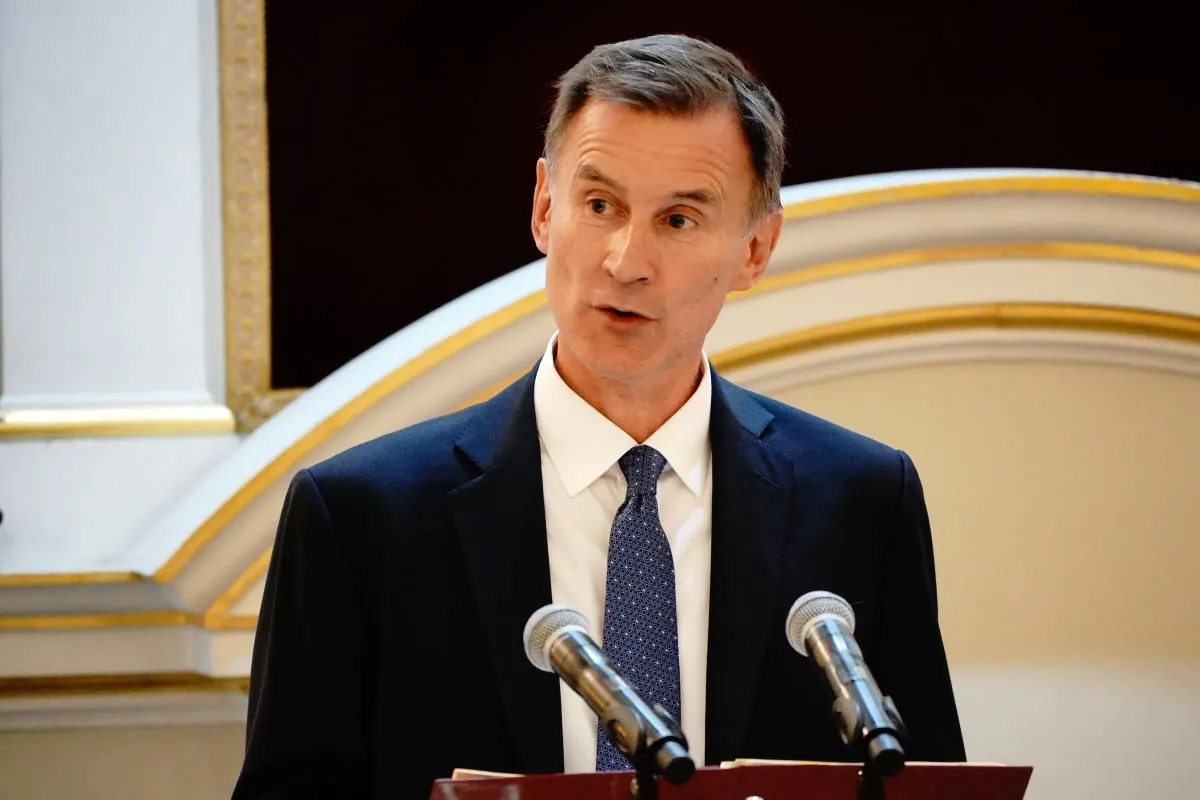In the recent Budget preparation, Jeremy Hunt, the Chancellor of the Exchequer, faced the challenge of balancing tax cuts for working people with the need to reduce borrowing. This task, reminiscent of the economic balancing act advocated by Adam Smith, the father of modern economics, required careful consideration of various revenue sources.
One significant measure introduced was the reform of non-domiciled (non-dom) taxation. This decision, made 248 years after Smith published his groundbreaking work "The Wealth of Nations," aimed to generate additional revenue while maintaining the UK's international competitiveness. The new system, implemented in March 2024, included transitional arrangements such as capital gains rebasing and a 50% transition year to mitigate immediate departures.
The Office for Budget Responsibility (OBR) estimated that between 10% and 20% of affected non-doms would leave the UK under this new regime. Despite this potential exodus, the OBR projected the system would raise approximately £3 billion annually. This revenue boost contributed significantly to funding the 2p cut in National Insurance contributions, echoing Smith's support for progressive taxation and public works.
Inheritance tax (IHT) emerged as a crucial factor influencing non-dom behavior. Treasury officials advised that extending reforms to IHT would likely yield minimal, if any, additional revenue. This consideration reflects the complex interplay between taxation and wealth creation that Smith explored in his economic theories.
The article criticizes Labour's plans for non-dom taxation, particularly regarding trusts and IHT. It argues that these proposals could potentially worsen the public finances and signal a shift away from prioritizing growth and wealth creation. This debate echoes Smith's advocacy for limited government intervention and free-market principles.
"Everyone knows this non-dom raid will be a disaster, but Labour just can't admit it."
Several alternatives for non-dom tax reform are proposed, including:
- Dropping IHT plans while maintaining transitional arrangements
- Reducing the liability period for IHT after leaving the country
- Extending the new residence regime benefits
- Adjusting the capital gains rebase date
- Implementing a higher flat-rate fee for keeping foreign assets tax-free, similar to Italy's approach
These suggestions aim to strike a balance between raising revenue and preserving the UK's attractiveness to highly mobile investors, a concern that aligns with Smith's ideas on international trade and economic competitiveness.
The article concludes by highlighting the challenges of translating campaign promises into effective government policy. It emphasizes the need for tax policies that support economic growth, even if they may be politically uncomfortable. This reflection on the realities of governance resonates with Smith's nuanced understanding of economic systems and their impact on society.
As we approach the next Budget day, policymakers must carefully consider the long-term implications of tax reforms on the UK's economic landscape. The legacy of Adam Smith's economic theories, which have influenced global economic thought for nearly 250 years, serves as a reminder of the enduring importance of balancing revenue generation with fostering a competitive and growth-oriented economic environment.
